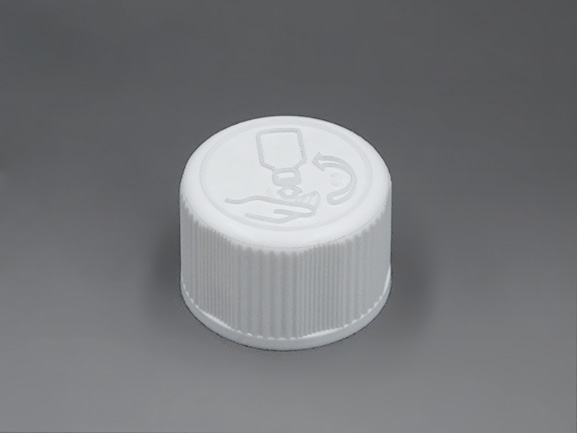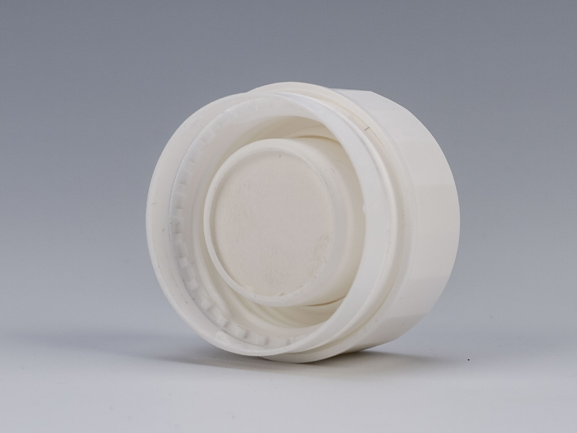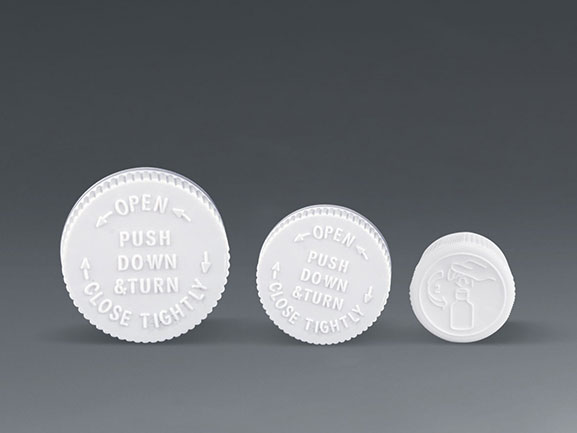With the concern of children's drug poisoning incidents, many drugs have chosen child-safe packaging with protective functions, such as some tablets, capsules or liquid preparations. For solid preparations, moisture resistance is an essential function of packaging. So, how does this packaging prevent moisture?
Child-resistant packaging is packaging that is difficult for children under 52 months to open (or access to the contents) within a reasonable amount of time, but which is properly used by adults under 70 years of age (including 70 years of age). This kind of package increases the difficulty of opening through the special design of the lid, in order to prevent children from opening the package at will and accidentally eating the medicine. This kind of packaging is essentially a medicinal plastic bottle, and the internal moisture resistance is mainly achieved in two ways:
One is to pack the desiccant in a non-woven bag, then place it inside the bottle, and store it directly with the medicine. With the continuous update and iteration of packaging, a cover with moisture-proof function gradually appeared. It utilizes the space at the top of the lid and stores the desiccant in the small medicine compartment on the top of the lid, which not only realizes the moisture-proof function, but also prevents the direct contact between the medicine and the desiccant.
At present, this kind of packaging with both moisture-proof and child-proof functions has been applied to more and more medicines, and has played a very important role in protecting children's safety and preventing them from eating medicines by mistake.



没有评论:
发表评论